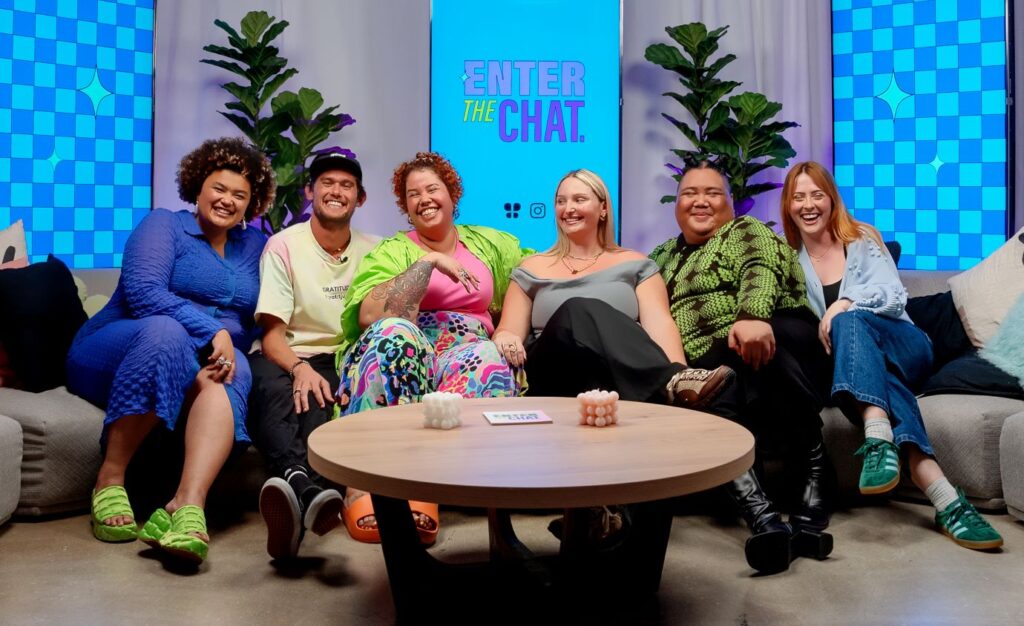Nearly two thirds of Australians compare their bodies to what they see on social media, and it’s profoundly impacting the body image, eating habits and fitness routines of young people.
The findings come from new research conducted by the Butterfly Foundation, which revealed the unintentional harm that appearance-led social media content can have. Six in 10 people reported that diet and fitness content on social media impacts their body image, with one third agreeing it has a negative effect on them.
Nearly 70 per cent of people agreed that influencers have a responsibility to be role models for their audience, with millennials and Genz feeling the most strongly about it.
According to the research, Gen Z are the most likely to be influenced by social media to change their eating habits or fitness routines (26 per cent), with almost half saying they considered following advice shared by an influencer on social media.
Creator Lucy Neville said she knows the impact of social media on body image too well. Growing up, the saturation of appearance-led content in her feed impacted her body image and contributed to the development of disordered eating behaviours.
“I wish I could go back and tell myself, who was really sucked in by this content, that if you have a question about health, that is a question for you and your doctor. Not you and an influencer that you follow,” Neville said.
“I wish that I could go back and give myself a hug, [you] don’t have to eat like someone else, [you] don’t have to look like anyone else.”
The Butterfly Foundation has teamed up with Instagram to bring together a group of Australian creators for a new content series, ‘Enter the Chat’. April Hélène-Horton (@thebodzilla), Cooper Chapman (@cooperchapman), Milo Hartill (@milohartill), Riley Hemson (@rileyj), Mark Mariano (@markusmuch) and Lucy Neville (@lucymneville), are sharing their own experiences of creating positive content, as well as tips on how they protect their mental health and wellbeing online.
The Butterfly Foundation’s research shows that almost 9 in 10 people think influencers shouldn’t share advice relating to diet and exercise, and should only post that type of content if they are qualified to do so.
One third of people said they had blocked or muted an influencer because they were promoting unhealthy behaviours.
“While most people are well meaning when they post appearance-related content on social media, our research confirms it can unintentionally have a negative impact on body image, which we know can have significant consequences across all aspects of people’s lives,” said Melissa Wilton, Head of Communications and Engagement at Butterfly Foundation.
“We hope this campaign empowers all social media users to be more mindful about what they post and encourages Australians to support themselves online, to create social media environments that are kinder to our body image.”
Anyone needing support with eating disorders or body image issues is encouraged to contact:
Butterfly National Helpline on 1800 33 4673 (1800 ED HOPE) or [email protected]
Eating Disorders Victoria Helpline on 1300 550 23
For urgent support call Lifeline 13 11 14


